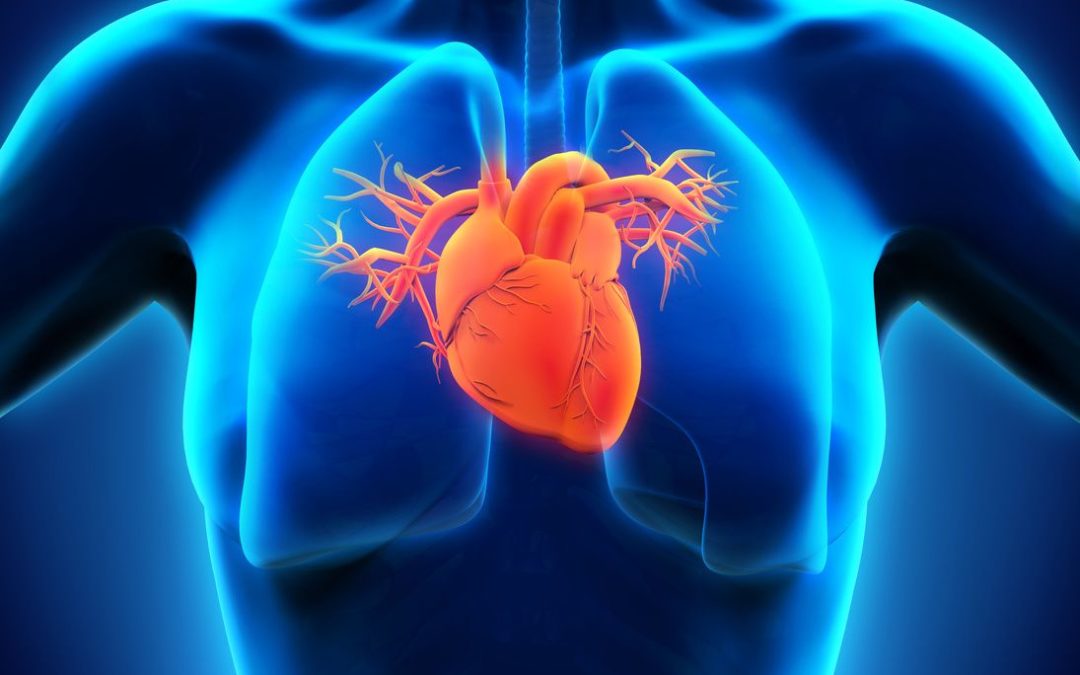“You take two bodies and you twirl them into one; their hearts and their bones. And they won’t come undone Hearts and bones” Paul Simon, 1983
Following the direction of Paul Simon’s 1983 album title song, the latest biological science has uncovered still another strong connection between our hearts and our bones.
Mutated stem cells deep in our bone marrow can produce a variety of white blood cells which have a particularly inflammatory effect. As they enter the plaque in our blood vessels in an attempt to do their repair job they may well cause increased plaque growth and rupture. Remember that it is the breaking open of a plaque in our blood vessels that causes the sudden heart attack or stroke.
The practicality of this is that it reinforces our conviction that we must keep unnecessary inflammation to a minimum.
We should strongly consider avoiding foods that produce inflammation. These are not the same for everyone. Some have trouble with dairy, others shellfish,and some others gluten. Excess sugar in its many forms can be inflammatory for most.
Whole food plant based diets are likely one of the most effective ways, but not the only way, to keep inflammation under control.
Certain foods that fight inflammation include blueberries, green tea, beets, the broccoli family, and our favorite, extra virgin olive oil. Ginger and turmeric are well known for their property of decreasing inflammation. The most active ingredient of turmeric in this regard appears to be curcumin.
What causes the mutations of these stem cells in the first place? Toxins such as certain chemicals and smoke are among the likely culprits.
These new discoveries have of course produced yet another acronym (C.H.I.P.) standing for –get ready for this one–Clonal Hematopoiesis of Indeterminate Potential. New CHIP societies and CHIP clinics are already forming and are not to be confused with the kid’s CHIP– Children’s Health Insurance Program.
The studies to date are impressive and may help explain why some of us with few or none of the traditional “risk factors” of high blood pressure, smoking, diabetes and high cholesterol still have heart attacks and strokes.
We continue to advocate the I CAN DO acronym. The I is for reducing unnecessaryInflammation to improve our Heart Health Today.
Further Reading:
- Jaiswal, S., Natarajan, P., Silver, A. J., Gibson, C. J., Bick, A. G., Shvartz, E., et al. (2017). Clonal hematopoiesis and risk of atherosclerotic cardiovascular disease. N. Engl. J. Med. 377, 111–121. doi: 10.1056/NEJMoa1701719
- Jaiswal S, Fontanillas P, Flannick J, et al. Age-related clonal hematopoiesis associated with adverse outcomes. N Engl J Med 2014;371:2488-2498

